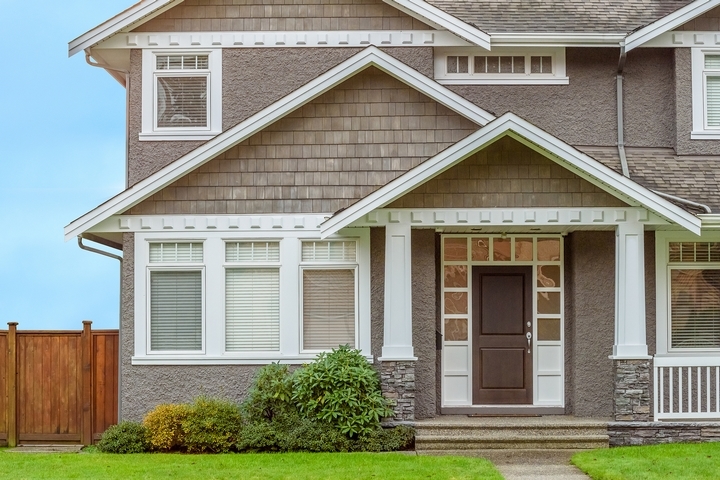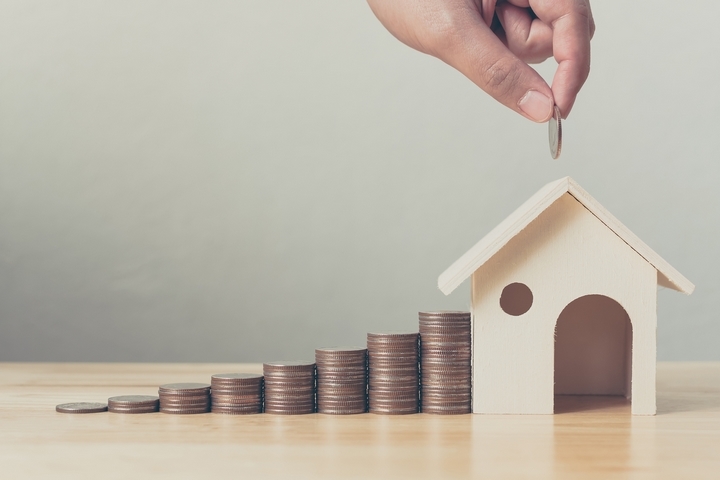It was commonplace in real estate and home-buying to hear mention of the ‘five-year rule.’ While it’s not as often brought up today, the fundamentals behind the five-year rule as inarguably just as relevant as they’ve ever been. If you’re planning to sell your home, keep the property for a minimum of five years. That way, you can avoid negative financial consequences and potential profit loss.
Here is a closer look into what the 5-year rule is for selling a house.
1. The 5-Year Rule Isn’t a Real Rule

The five-year rule is a recommendation. It’s not a hard rule set by anyone. Industry experts have always recommended keeping a home for a minimum of five years before selling. This rule is true regardless of whether you’re using the property to earn rental income, as a real estate investment, as a secondary home or vacation property, or as a primary residence and family home.
2. 5-Year Rule in the US vs Canada

The 5-year rule is mentioned a lot in the US, where there is a clearly defined rule stating that if a homeowner has lived in a property for at least two out of the last five years and used it as their primary residence during that time, they do not need to pay capital gains taxes on profits under $250,000 for individuals and $500,000 for jointly owned homes.
In Canada, we do not have the same structure for capital gains taxes. Thereby, there is no similar 5-year rule in Canada. It’s easier to shift homes for sale in Orangeville or anywhere else in Canada.
3. In 5 Years, Your Home Appreciates In Value

With every real estate sale, you have a range of closing costs and other expenses to pay. You at least will want those costs covered when you decide to sell. Real estate appreciates, typically, at a very slow rate.
After five years, on average, a home would have appreciated enough to cover the expenses you will encounter in the selling process. You want to maximize your profits as best as possible, and keeping track of your home’s appreciation is a smart way to do it.
4. You Have Mortgage Penalties When Selling Early

There is a mortgage penalty for selling your home early. Talk to your lender. Before deciding on a mortgage product, ideally, you would have thought about the next five years and determined the likelihood of you breaking the mortgage contract.
The best situation for selling a home early is someone with a variable rate mortgage where the penalty for breaking the contract is only limited to three months’ interest costs. For a fixed-rate mortgage, the mortgage penalty is much higher.
5. If You Buy In A Downturn, 5 Years Provides Major Profits

If you buy a home in an economic downturn, generally, after five years, you might see the property value has increased in a significant way. In the past century of real estate market analysis, while there’s always volatility, we often see markets recover and property values soaring after the fact.
While you still have to be aware of closing costs and such, buying in a downturn and waiting five years to sell while doing any upgrades you want to do can yield an amazing return.
6. You Are Not Building A Lot Of Equity In 5 Years

In the first five years that you’re paying your mortgage, much of that is going towards interest payments. You aren’t building equity at a serious pace until after the first few years of homeownership.
If you sell before five years, you could stand to lose out on potential profits if you waited another few years until you at least hit that five-year mark. At that time, you would have put more on your principal and less on your interest, and you’re ready to capitalize.
7. When To Break The 5-Year Rule For Selling A House

There are many reasons to break the 5-year rule in selling a house. After all, it’s not a real rule. Circumstances change, and if something happens, positive or negative, with your job, family, finances, or whatever it is, and you need to sell, that’s okay.
If you see the market’s taken an extreme turn in a good way and you can recoup what you invested in your home, go for it! You can sell your home within days of buying it if you want to. Nothing stops you, although the associated fees and closing costs will always be waiting.
8. What You Can Do to Delay Having To Sell Your Home

If you need to live elsewhere for whatever reason but want to make sure you clear those first five years, there are a few options.
Many people may turn their home into a rental property to derive near-passive income and help them build equity in the lead-up to a sale. You may use it as a vacation home for yourself or your family or rent it out short-term through apps like Airbnb.










